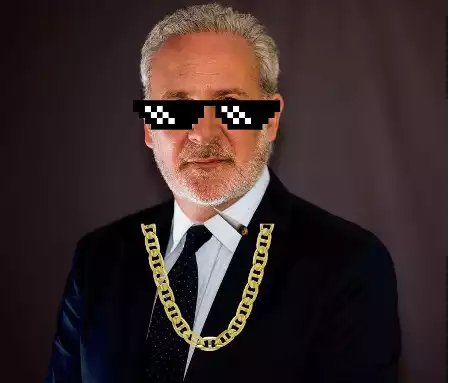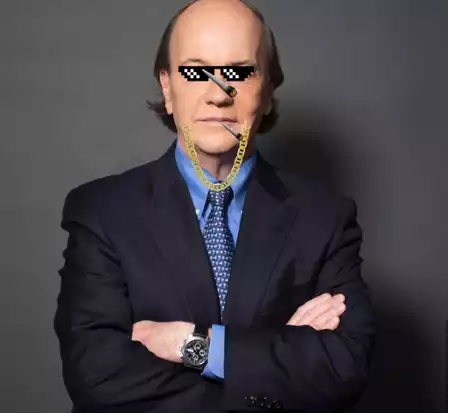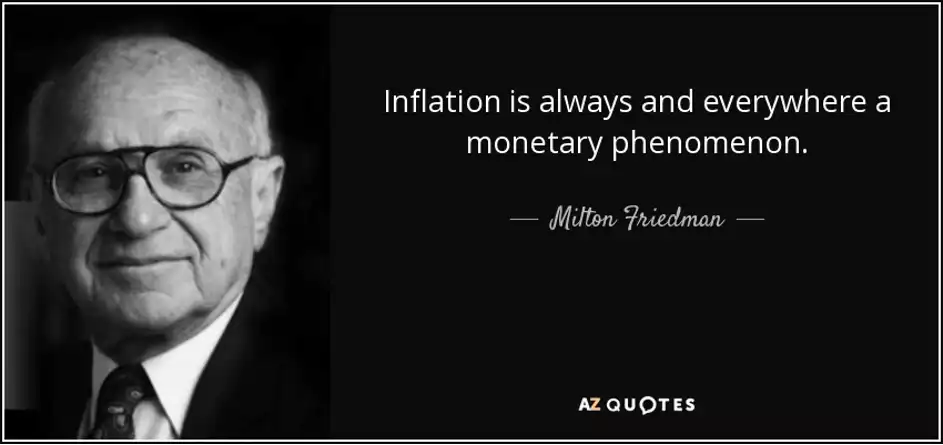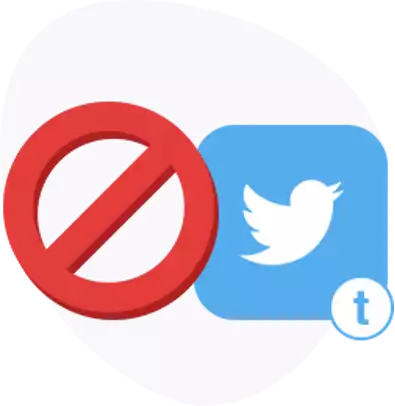Why did Jim Rickards block Peter Schiff on Twitter?
News
|
Posted 30/09/2022
|
16096
Two perennial super heavy-weights in the gold space have locked horns repeatedly over the definition of inflation. It has come to blows, both live in interview and on #fintwit. Why do Jim Rickards and Peter Schiff differ on their definitions of inflation? One way or another, Peter may have poked the fellow gold-bug one time too many as he has now been blocked by Rickards.
|

|

|
|
Peter Schiff
|
Jim Rickards
|
The feud goes back to August 2020, with the two both speaking on Kitco (Jim Rickards and Peter Schiff debate deflation vs inflation (Part 3/3). While both agree the Fed has increased the total M1 money supply, and there is active debt monetisation, they disagree as to whether that necessarily converts into inflation. Rickards argued that inflation comes from the combination of money-printing and velocity.
The standard Austrian economist’s description of inflation/deflation has been:
any increase in the money supply not supported by an increase in the production of goods and services leads to an increase in prices. But the prices of all goods do not increase simultaneously.
Rickards states:
“You don’t get inflation from printing money, you get it from velocity which is psychological.”
By ‘velocity’, Rickards means: ‘the turn-over of money’. If I have a dollar, and I go out to dinner and tip the waiter, and then the waiter takes and uber home. Then the uber driver puts gas in their car. In that example, the velocity of my dollar is 3. But if I stay home and watch TV, my money velocity is zero.
While there may be more and more money in existence, if there is lowering velocity due to consumers tightening belts and companies holding off from hiring and investing, then deflation is just as much a possibility as inflation. It depends on how much the central bank is printing and how much the economy is slowing.
In this same vein, speaking on Wealtheon earlier this month, Rickards explains the Fed balance sheet is not the pivotal influence it is typically held out to be:
‘[the Fed] calls up and offers us 5 year notes, 10 year notes, here’s the price, done. The banks send the securities to the Fed, and the Fed pays for it with money that comes out of thin air. There’s nothing more to it than that. But what do the banks do with that money? They give it back to the Fed, in the form of excess reserves. So that money never went anywhere…. It never went into the economy. So where does the money come from which is in the economy? That comes from M2, which is created by the banks at will. Those commercial banks have just as much printing power as the Fed, they just do it differently, by lending money, or buying securities and paying for them with money that they create.’
Responding to Rickards, Schiff says “the definition of inflation, is the expansion of the money supply - and that’s what we’ve had.”
This echoes Milton Friedman’s interpretation:

“Prices are going up. But that’s not inflation. If the Fed didn’t print all of that money, maybe the prices would have come down. Maybe consumers would have gotten the benefit of a lower cost of living but the Fed stole that benefit away from them, by creating inflation.
The disagreement between Rickards and Schiff hinges on the definition of inflation.
Schiff: expansion of money supply is inflation, and price increases are the symptom.
Rickards: expansion of money supply and increase in prices is inflation.
Both agree that the primary way to avoid the scourge of inflation is to buy gold. The two long time gold bugs are unlikely to kiss and make up after Rickards blocked Schiff on Twitter.
